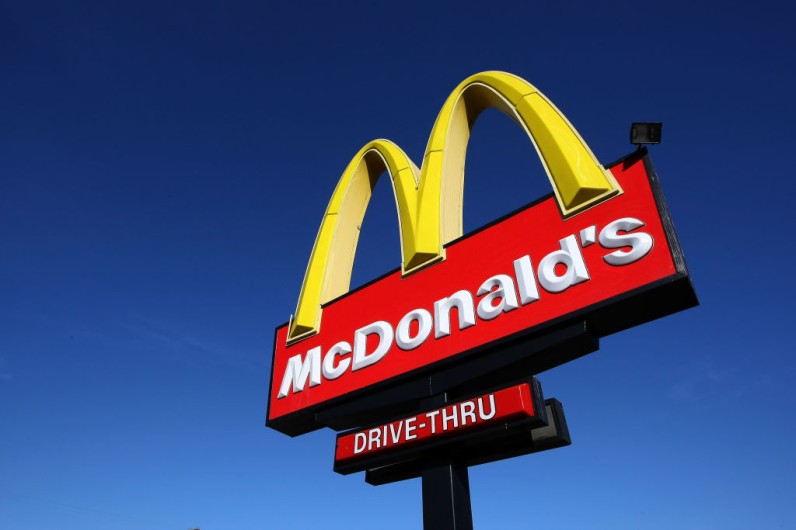
According to a high-ranking European Union court, McDonald's could not provide sufficient evidence that it had actually been using the "Big Mac" trademark for chicken sandwiches, poultry products, or restaurants for five years.
Hence, American fast food giant McDonald's came out on the losing end against Irish competitor Supermac's.
Legal Battle Over 'Big Mac'
The Big Mac hamburger is one of McDonald's flagship products, and it is offered worldwide. It consists of two patties of beef, cheese, lettuce, onions, pickles, and the special Big Mac sauce. After a 1967 rollout in the Pittsburgh region, it expanded in the United States in 1968. From there, the rest is history.
Supermac's, on the other hand, sells a sandwich with the same components dubbed the Mighty Mac.
Nevertheless, the EU court said in a press summary that McDonald's cannot offer proof that the dispute has been used legitimately about chicken sandwiches, foods prepared with poultry, running restaurants, drive-throughs, or making meals for takeout.
READ NEXT : McDonald's Says $18 Big Mac Meal was 'Exception' After Social Media Buzz Exaggeratesi Increase
Conflict Arises as Supermac's Aims to Expand
This decision paves the way for Galway-based Supermacs to expand into other European nations, according to CBS News.
Conflict sprang out when Supermac's sought to register its business name in the EU as part of its expansion planning. McDonald's raised concerns, claiming customers would be misled by its trademark on the Big Mac moniker.
In 2017, Supermac requested that the EU's Intellectual Property Office cancel McDonald's Big Mac trademark registration. They claimed that the United States firm failed to provide sufficient evidence that it had used the trademark for non-burger products for five years. In Europe, that is a strict time limit for trademark usage before it may be invalidated.
Upon receiving partial approval from the regulator, McDonald's took their case to the EU court.







Join the Conversation